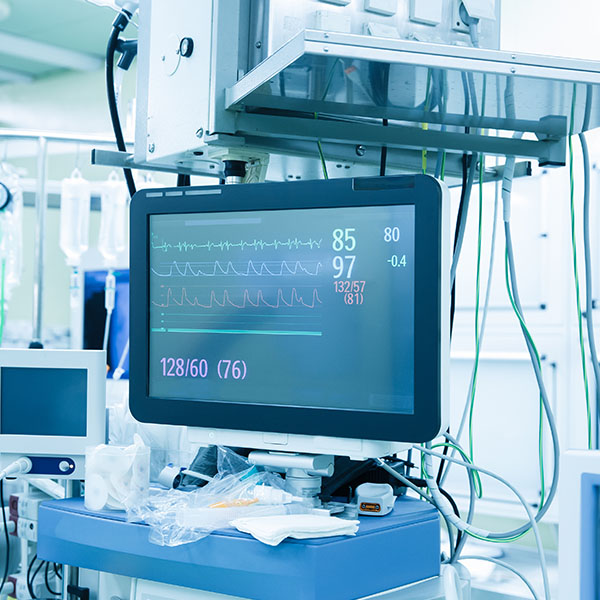Emergency Medicine and Intensive Care
Intensive Care:
Doctors working in intensive care medicine (ICM, also called critical care medicine) manage critically ill patients before, during and after potentially life-threatening failure of any of the body’s organ systems.An Intensive Care expert witness can give opinion on all aspects of care of the critically ill, including organ system support and the investigation, diagnosis, and treatment of acute illness.
Some areas the NHS lists as covered by this specialism are:
- heart and cardiovascular failure
- renal (kidney) failure
- liver failure
- reduced levels of consciousness or neurological impairment (including weakness)
- gastrointestinal failure
- respiratory failure
- sepsis
- severe trauma
- acute intoxications and poisoning
- recovery from major surgery
- maternal complications around childbirth
Expert witnesses in Intensive Care can render opinions as to the standard of care pertaining to intensive and emergency patients. Many Intensivists are ‘dual trained’ in ICM along with one of its partner specialties. Common partner specialties include anaesthesia, acute internal medicine, emergency medicine, renal medicine and respiratory medicine.

